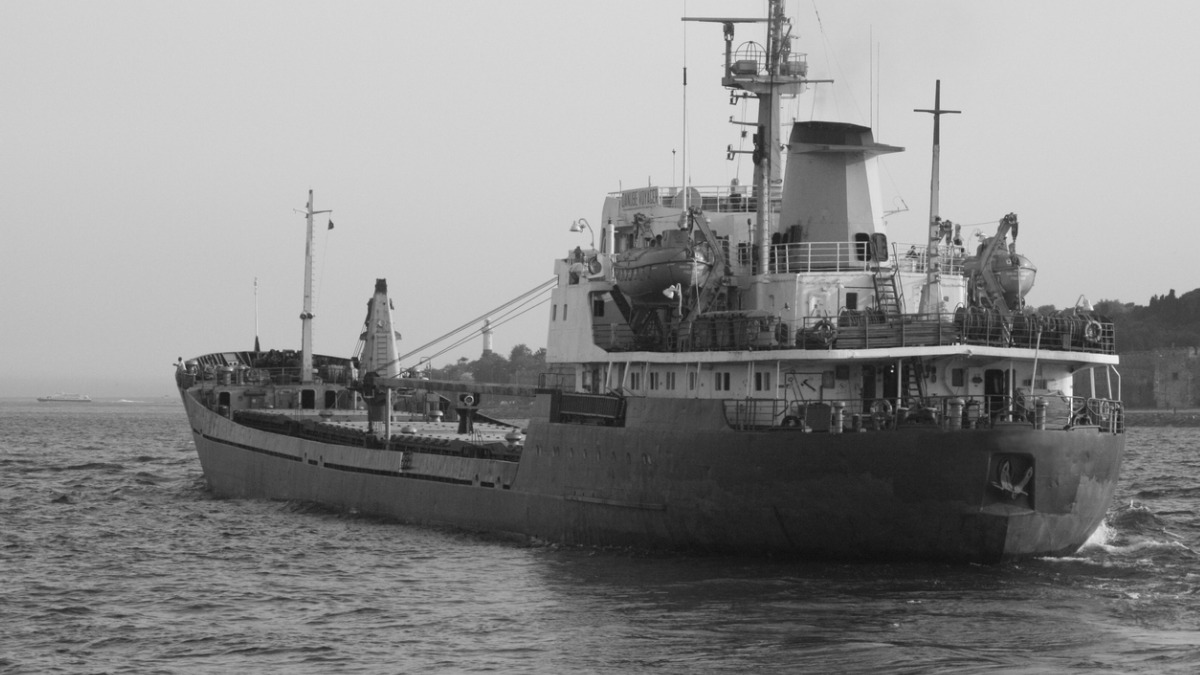The journey of the Windrush generation


At Dotdigital, we recently learned about a personal story from one of our employees, whose family is linked to the Windrush generation. This group not only transformed modern Britain but also built a strong community within British society, despite facing considerable challenges.
Their journey serves as a testament to their ability to overcome adversity and navigate difficult times to create a brighter future for themselves and future generations. This Black History Month, we want to amplify the story of the Windrush generation and honor their resilience, determination, and cultural impact.
Who are the Windrush generation?
The Windrush generation refers to the thousands of people who migrated from the Caribbean, particularly Jamaica, Trinidad and Tobago, Barbados, and other British colonies to the United Kingdom (UK) between 1948 and 1971.
These individuals were invited by the British government to help rebuild the country after World War II and were promised a better life. The first wave of immigrants from Jamaica arrived aboard the HMT Empire Windrush, which gave its name to this generation.
However, members of the Windrush generation faced several challenges upon their arrival in the UK. Despite facing discrimination and prejudice, the Windrush generation refused to give up. They worked hard, day in and day out, to establish themselves in their new home. Some found jobs in healthcare, others in transportation, and some even became educators or politicians.
Their contributions to post-war Britain were immeasurable. They helped rebuild the country, and in turn, it became their home. Their resilience in the face of adversity is a testament to the human spirit and serves as an inspiration to us all.
A modern British identity
The impact of the Windrush generation extends far beyond the workforce – it encompasses the rich cultural heritage they brought with them. As Caribbean immigrants settled in the UK, they introduced their traditions, food, music, and style, infusing British culture with vibrant Caribbean influences.
One standout instance is the Notting Hill Carnival, a vibrant celebration of Caribbean culture that has grown into one of the largest street festivals in the world. This annual event now symbolizes an essential part of British culture, drawing millions of visitors from across the globe.
Moreover, the journey of the Windrush generation has shaped Britain’s understanding of multiculturalism and what it means to be a diverse and inclusive society. Their influence even extends to the arts, inspiring countless writers, musicians, and artists who have left their mark on the cultural scene. From poets like Linton Kwesi Johnson to musicians like Bob Marley and Jimmy Cliff, their impact redefined and enriched the cultural landscape of modern Britain.
The Windrush scandal
The UK’s ‘Hostile Environment‘ policy was implemented by the then Home Secretary, Theresa May, in 2012. This policy intended to make the UK unlivable for undocumented migrants, pushing them to leave. Sadly, the Windrush generation—who had lived in the UK for a long time ended up being caught up in this problem.
Many individuals who arrived in the UK as children on their parents’ passports found themselves in a difficult situation. The Home Office had destroyed thousands of important landing cards and other records, which made it impossible for them to obtain proper documentation to prove their right to remain in the UK. To make matters worse, the Home Office demanded at least one official document from every year of their residency before 1973, which was a daunting task.
As a result, these innocent people were falsely labeled as ‘illegal immigrants’ and ‘undocumented migrants,’ cruelly stripped of their access to housing, healthcare, bank accounts, and driving licenses. Many were placed in immigration detention, denied the right to travel abroad, threatened with forcible removal, and even deported back to countries they had barely known.
The Windrush scandal only made it to the headlines in the UK after The Guardian journalist, Amelia Gentleman, uncovered the appalling experiences of the victims. The public was outraged to learn that the government had callously turned its back on these hardworking members of British society, who had contributed significantly through their labor and tax payments.

The outcry led the UK Government to initiate a public inquiry and pledge compensation for the victims of this unjust debacle. However, the promises made by the government seem to have fallen short, leaving many victims in a state of despair. The lingering question remains—how many of those promised compensation have received it? The answer is disheartening.
The Home Affairs Select Committee, a prominent group of MPs, revealed in their November 2021 report that a staggering 94.2% of those thought to be eligible for compensation had yet to receive payment. This is an injustice that continues to affect the lives of many, including those who have passed away without receiving the compensation they were owed.
The struggle for justice and accountability continues. It’s a reminder that promises made must be kept, and that lasting change is necessary to prevent such injustices from happening again in the future.
Lessons from the Windrush generation
The Windrush generation has taught us valuable lessons about unity and the human spirit. Despite facing countless challenges and injustices, they have shown incredible strength and perseverance.
Their stories remind us of the importance of fighting against racism and discrimination. The Windrush generation’s struggle has shed light on the systemic issues that still exist in our society, and we must continue to address these structures.
Through their lives and experiences, we can learn the importance of empathy, kindness, and understanding towards others, and we can be reminded of our shared humanity. When we work together to overcome challenges and create opportunities for all, we can have a lasting impact.
Show your support
Would you like to take a moment to show your support? Sign the petition to improve the Windrush Compensation Scheme. By signing you can help make a difference and ensure that the UK government delivers on its promises to provide fair compensation for the Windrush generation. Spread the word, share the petition, and use #WindrushCompensation on social media. Together, let’s create a fairer future.



